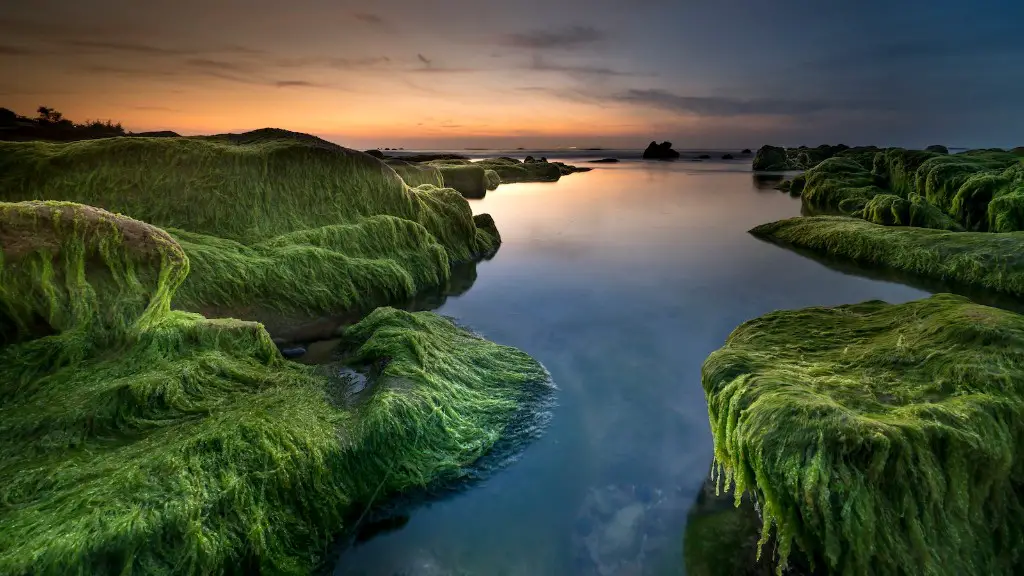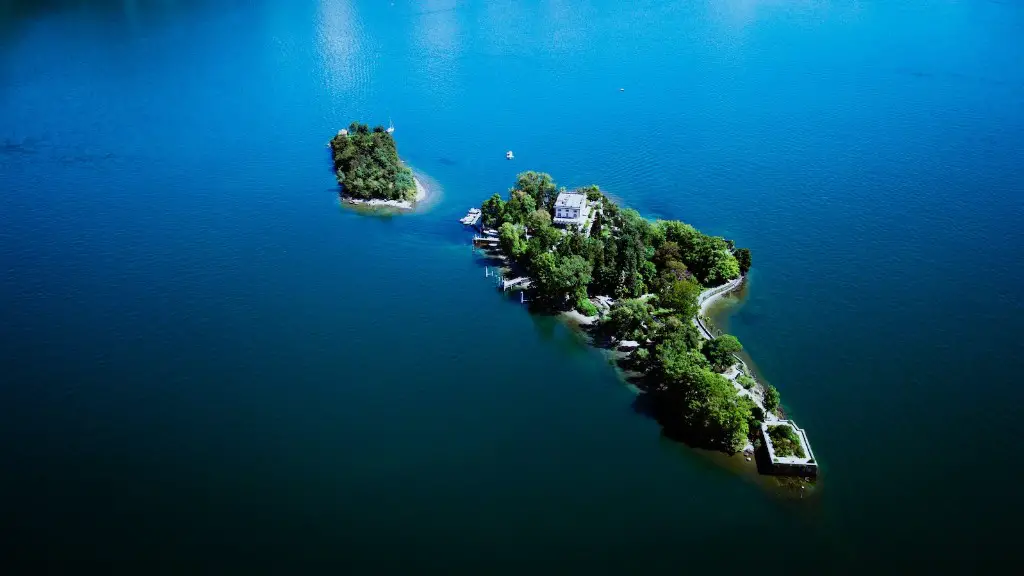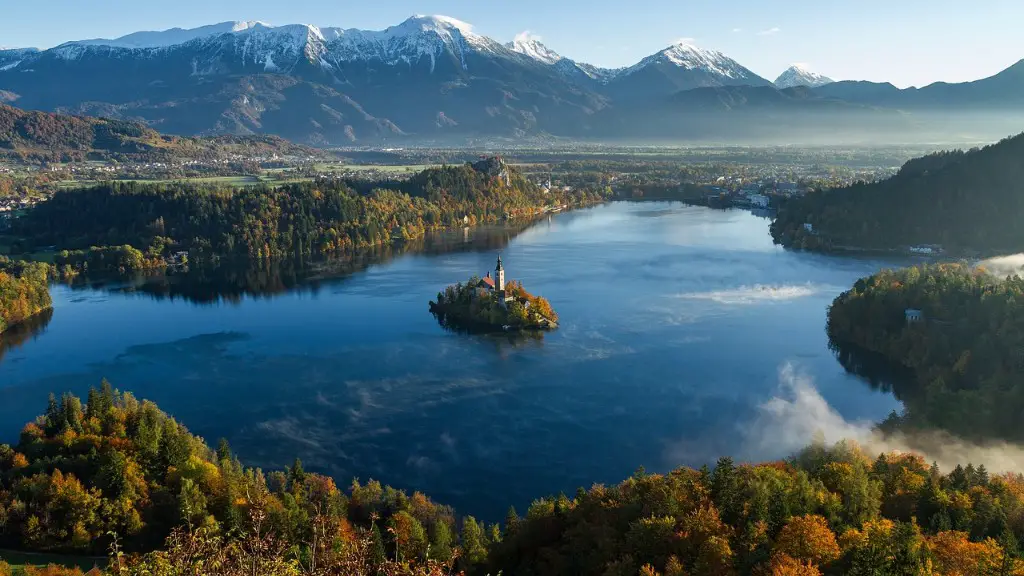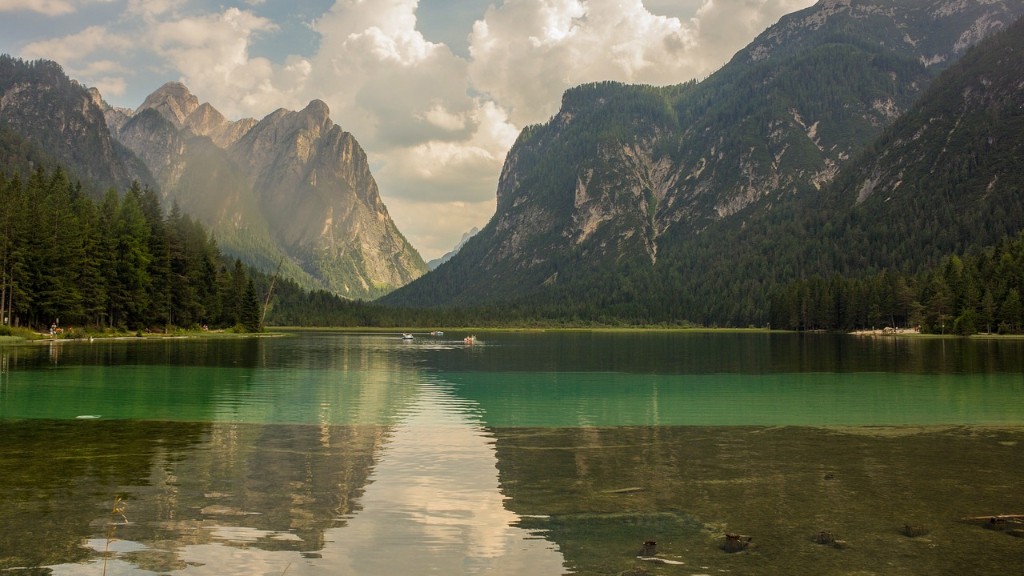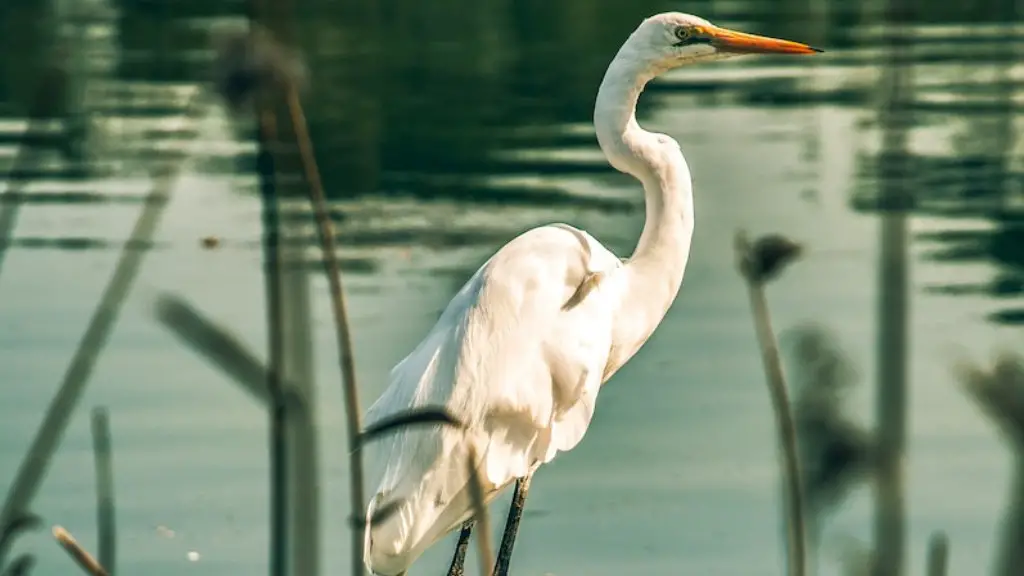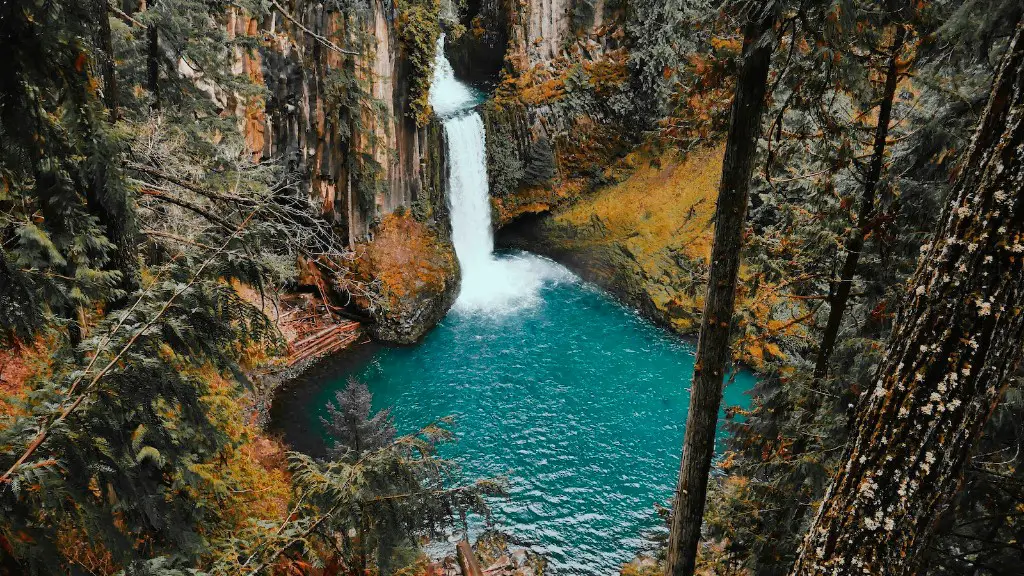Lake Victoria is the largest tropical lake in the world and is located in East Africa. The lake is bordered by Kenya, Tanzania, and Uganda. It has an area of 68,800 square kilometers, making it the second largest lake in the world. For centuries, the lake has been a major source of fresh water for the three countries. But is Lake Victoria freshwater?
Most experts would agree that Lake Victoria is freshwater. This is due to the fact that almost all of the water entering the lake comes from rivers, with only a small amount coming from groundwater sources. Furthermore, the lake itself has very little salinity or saltiness, making it conducive to freshwater organisms.
The lake also supports an abundant ecosystem, with species such as Nile perch, tilapia, catfish, and many other species of animals and plants. This has led to the lake becoming an important source of livelihood for many people in the region. According to a study by the World Bank, more than a million people in the basin depend on Lake Victoria for their livelihoods.
However, recent research has shown that Lake Victoria is not as clean as it once was. There are increasing levels of pollutants in the lake, including sewage, agricultural runoff, and industrial waste. This is having a negative impact on the lake’s ecosystem and is contributing to the extinction of some of its species.
Some experts are warning of a “lake crisis” in the near future. They fear that if pollution levels continue to rise, the lake’s delicate ecosystem could be irreversibly damaged. As a result, the livelihoods of many people could be threatened.
To protect the lake, the governments of Uganda, Kenya and Tanzania are working together to reduce pollution and to improve water management. This includes placing restrictions on fishing, reducing the amount of agricultural runoff, and investing in new treatment technologies.
Despite these efforts, the future of Lake Victoria remains uncertain. Many challenges remain, such as population growth and climate change, that could have a negative impact on the lake’s ecosystem. However, with the dedication of the governments and the local communities, the lake may still be saved.
Lake Pollution and Solutions
Lake Victoria has been polluted for many years due to a variety of causes. Sewage, agricultural runoff and industrial waste are just a few of the sources of pollution, leading to major health risks for humans in the region, as well as impacting the lake’s ecosystem.
In order to tackle the issue of pollution, the governments of Uganda, Kenya and Tanzania have come together to enact regulations and incentivize pollution control technologies. This includes restricting fishing in certain areas, reducing the amount of agricultural runoff, and investing in new treatment technologies.
While progress has been made in recent years, a lot more has to be done in order to protect Lake Victoria’s delicate ecosystem. With the dedication of the governments and local communities, there may still be hope for the future of the lake.
Economic Impact
In addition to environmental issues, Lake Victoria has had a huge economic impact on the region. According to a World Bank study, more than one million people depend on the lake for their livelihoods. This includes those who are engaged in trade, fishing, and tourism.
The lake has also been an important source of food for the region. Fish is the most common source of protein in the area and has been a staple of the local diet for centuries. As such, it has been an integral part of many people’s livelihoods.
In recent years, however, the lake has been suffering from an increasing level of pollution and overfishing. This has had a major impact on the local economy, as fish populations have been depleted and tourism has dropped due to pollution in the lake.
To combat these issues, the governments of Uganda, Kenya and Tanzania have been investing in pollution control technologies and regulating fishing activity in the lake. Through these efforts, it is hoped that the lake will remain a source of livelihood for the local population for many years to come.
Ecological Challenges
In addition to the environmental and economic challenges facing Lake Victoria, the lake is also facing a number of ecological challenges. Over the past few years, the lake has seen an increase in the number of invasive species, such as the Nile Perch, which has been devastating the local fish populations. Additionally, rising water temperatures and an increase in sedimentation have been damaging the lake’s fragile ecosystem.
In order to combat these issues, the governments of Uganda, Kenya and Tanzania have been investing in new technologies and regulations. This includes investing in biosecurity measures to combat the invasion of exotic species, as well as improving water management systems.
At the same time, local communities need to be more aware of the impact that human activities are having on the lake. Without proper education and regulation, the lake’s ecosystem will continue to be put at risk.
Land Use and Climate Change
In addition to pollution and over-exploitation, Lake Victoria is also facing challenges from land use and climate change. As population growth in the region continues to increase, more land is being converted for agriculture and development. This has led to an increase in nutrient runoff, which has been damaging the lake’s ecosystem.
Similarly, climate change has been impacting the lake’s environment. Rising temperatures have been changing the lake’s water chemistry, leading to increases in algae blooms and other problems. This, in turn, has had a negative impact on the fish populations in the lake.
To combat these issues, the governments of Uganda, Kenya and Tanzania are investing in new technologies and policies. This includes investing in sustainable farming practices and instituting strict regulations on land use. Additionally, they are also investing in renewable energy projects in order to reduce the impact of climate change.
Despite all of these challenges, Lake Victoria is still an important resource for the region. With the right policies and investments, the lake can still be saved and remain an important source of livelihood for many people in the region.
